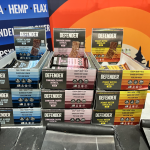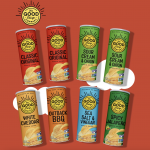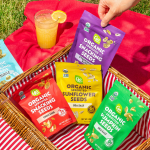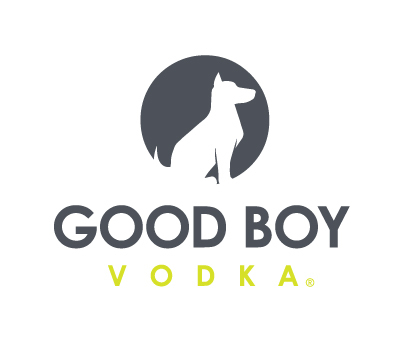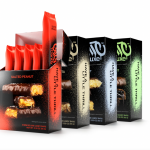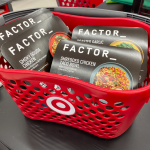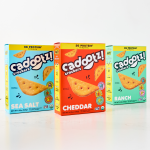WK Kellogg Leans Into Promos and Price-Pack Architecture For Growth
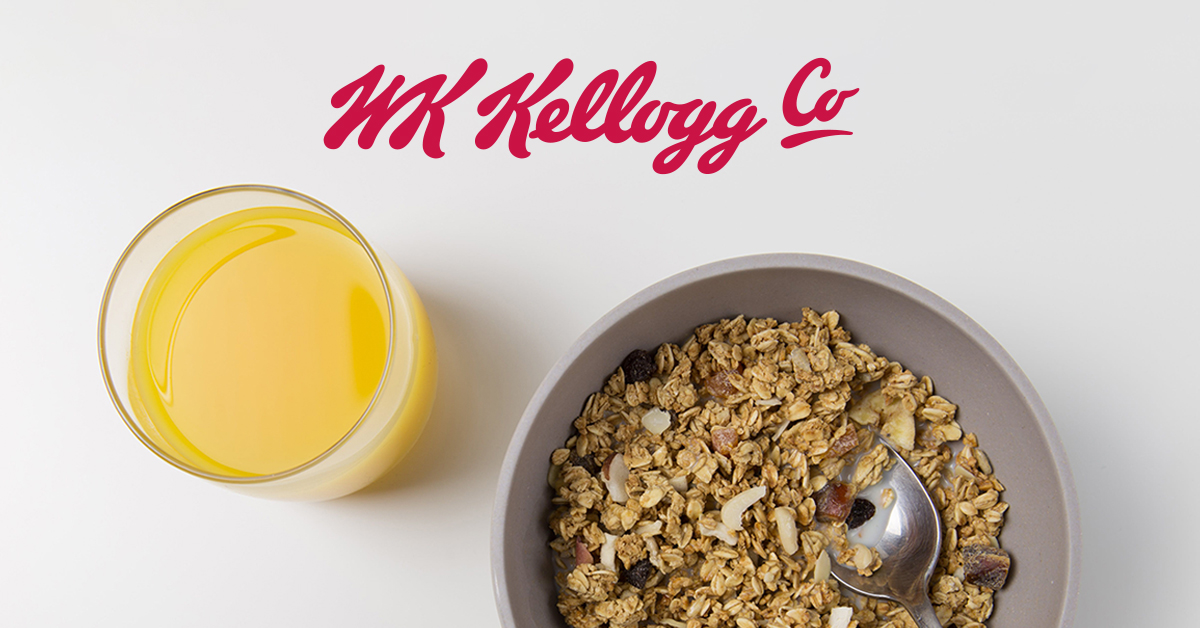
WK Kellogg reported an expected net sales decrease of 0.4% year-over-year during Q3 and marked its first full year since spinning off as an independent company; adjusted net sales increased 0.7% year-over-year compared to standalone net sales.
The company’s price/mix increased 1.8% while volumes fell 1.1%, but CEO Gary Pilnick emphasized that the company is right on track and working to unlock supply capacity as well as implementing new marketing and promotional strategies to build back volume growth.
Overall, Q3 U.S. cereal category’s dollar sales decelerated by 1.4%, compared to Q2, and volume followed suit with a low-single digit decline, according to Pilnick. Those trends align with WK Kellogg’s momentum as shoppers continue to lean into value and discount retail channels such as club and dollar stores, he said.
That has pushed WK to invest further into price-pack architecture to ensure a variety of cereal sizes are available at accessible prices. Those varied formats are being targeted per specific retail channels: “It’s good for the category. It’s good for our consumers… and also, it’s good for our business,” Pilnick added.
“This [dynamic] that has emerged in our category is interesting because of the bifurcation of value-seeking, but also premium granola [is] growing…we’ve got brands that can play here,” said Pilnick. “We’ve been talking a little bit about Bear Naked over the last year and we like to say it’s under new management, under our chief growth officer, Doug Van De Velde… It is starting to turn in fact, it was largely flat in Q3 [and] when it’s on shelf, it performs.”
As for Bear Naked, he said the company is focused on unlocking efficiencies and capacity within the brand’s supply chain to continue executing against its sales goals. He added that beyond Bear Naked, granola and premium cereal segments, including its Kashi brand, continue to post strong gains.
WK is undergoing a similar transformation with its Special K business, which is part of its Core 6 brands and lost 40 basis points of market share in the quarter. In order to turn around that trajectory, WK is using its “new marketing muscle to reach consumers,” Pilnick said, and working to narrow in on the right messaging so it can execute on shelf.
Those new marketing activities are also being deployed across the company’s portfolio with increased merchandising at key customers and an increased focus on seasonal activations.
“Back to School is an important time of year for cereal,” Pilnick said. “Parents are transitioning to a new routine centered around the morning and looking for our brands to help get the day started right. We are pleased with our first Back to School programming as an independent company. Our teams designed commercial activations with the needs of parents in mind, ensuring we show up for consumers in feature and on display.”

